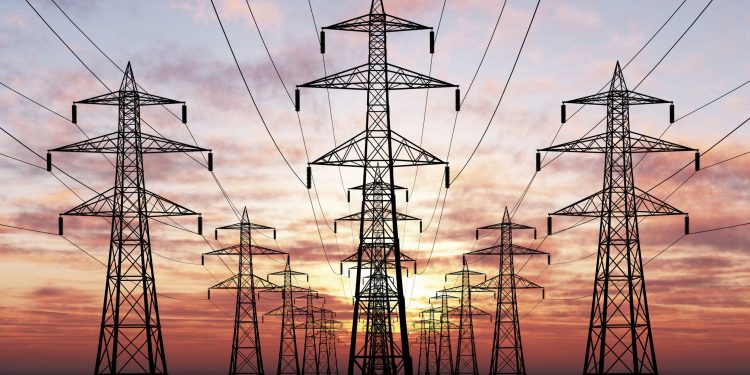World Bank and African Development Bank Join Forces to Electrify Africa
This partnership marks a significant step in the World Bank Group and African Development Bank Group’s efforts to be more impact-oriented, aligning regional energy programs towards a unified goal.
- Advertisement -
World Bank Group, African Development Bank initiative could halve the number of people in Africa living without electricity access
Washington, D.C. In a landmark initiative, the World Bank Group and the African Development Bank Group have announced a partnership aimed at bringing electricity to 300 million people in Africa by 2030.
- Advertisement -
This ambitious project seeks to cut the number of individuals living without electricity access in half, demonstrating a major push towards enhancing sustainable development across the continent.
- Advertisement -
Under the terms of the agreement, the World Bank Group will take the lead in connecting 250 million people using distributed renewable energy systems or the distribution grid. The African Development Bank Group is set to support an additional 50 million people.
The initiative requires a hefty $30 billion in public sector investment, highlighting the scale and seriousness of the effort. The International Development Association (IDA), the World Bank’s arm for low-income countries, will play a crucial role in financing this initiative.
Ajay Banga, President of the World Bank Group, emphasized the foundational role of electricity access in development, stating, “Electricity access is the bedrock of all development. Our aspiration will only be realized with partnership and ambition. We will need policy action from governments, financing from multilateral development banks, and private sector investment to see this through.”
- Advertisement -
The plan not only addresses a critical infrastructure gap but also opens up considerable private sector investment opportunities, particularly in distributed renewable energy, which alone could be worth $9 billion.
The involvement of private capital is essential, as it will help leverage public funding and increase the overall efficiency and reach of the project.
This partnership marks a significant step in the World Bank Group and African Development Bank Group’s efforts to be more impact-oriented, aligning regional energy programs towards a unified goal.
It also signals a growing recognition of the need for comprehensive strategies that involve multiple stakeholders to tackle the pressing challenges facing Africa today.
- Advertisement -


